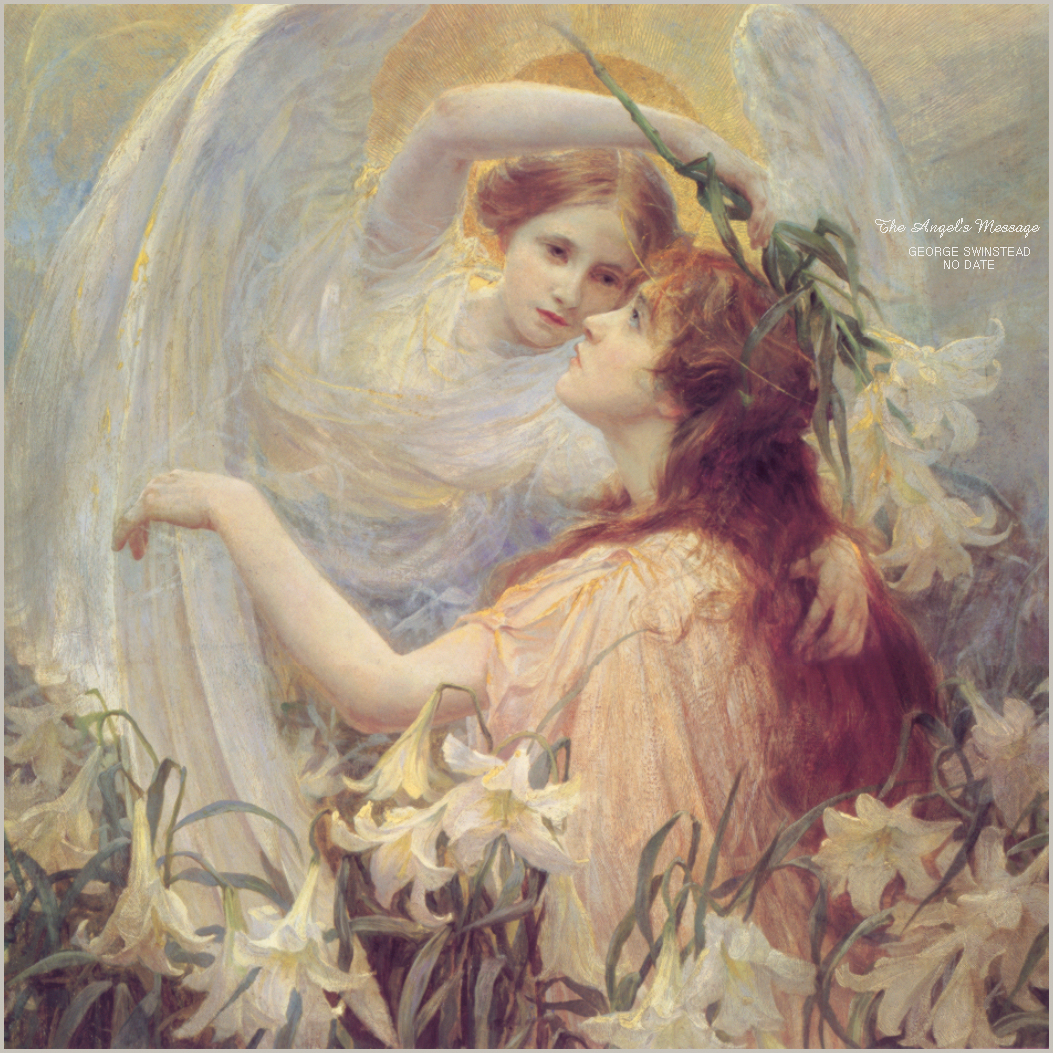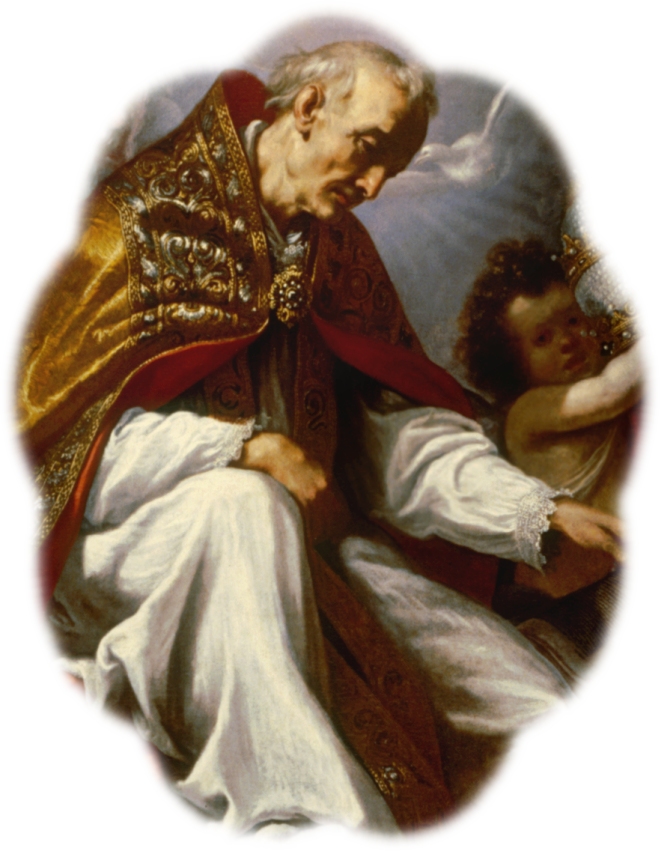
 The Angels  Revelation Concerning the Angels of Christian Angelology FROM THE FUNDAMENTALS OF CATHOLIC DOGMA Ludwig Ott § 27. The Nature of the Angels 1. Immateriality of the Angel nature The nature of the Angels is spiritual. [De fide.] The 4th Lateran and the Vatican Councils speak of a spiritual and a corporeal creation and refer the former to the Angels. D. 428, 1783: spiritualem et corporalem [creaturam], angelicam videlicet et mundanam.  As distinct from human nature, which is composed of spirit and body, the nature of the Angels is purely spiritual, that is, free of all materiality. Holy Writ explicitly calls the Angels spirits [spiritus]. Cf. 3 Kings 22:21; Dan. 3:86; Wis. 7:23; 2 Macc. 3:24; Matt. 8:16; Luke 6:18; 10:20; 11:24; 26; Heb. 1:14; Apoc. 1:4. St. Paul contrasts "the spirits of wickedness," that is, the fallen Angels, with "flesh and blood,"---mankind; Eph. 6:12: "We must not wage battle against flesh and blood, but against the principalities, against the powers, against the rulers of the world of this darkness, against the spirits of evil in the world of heaven." The act of contrasting shows that the fallen Angels are visualized as immaterial essences. Jud. 6-7 raise a difficulty about the immateriality of the Angels if the words "in like manner, having given themselves to fornication" [v. 7] be referred to the Angels. If this interpretation is correct we have here a reference to the widespread belief of late Judaism, which was also accepted by many Christians in the early Church, that some of the Angels engaged in marital relations with women [Gen. 6, 2] and were punished for it by God. However, the Apostle is not to be taken here as making a statement about the nature of the Angels, but merely using a traditional opinion to place emphasis of the judgments God makes upon wickedness. A great number of the Fathers, ascribed to the Angels a fine ethereal or firelike corporeality, such as St. Augustine who was influenced in this matter not only by Stoic and Platonic views, but also by the misinterpretation of certain passages in Sacred Scripture, e.g., Ps. 103:4 and Genesis 6:2. But the Pontiff St. Gregory the Great [pictured at the left], among a number of others, affirmed the pure spirituality of the Angels. He taught: "The Angel is only a spirit, man, on the other hand, flesh and spirit" [Moralia IV 3, 8]. In the peak period of Scholasticism, the Franciscan School posited a composition or material and form, meaning undefined and defining, in purely spiritual substances, while St. Thomas Aquinas and his School regarded purely spiritual substances as forms without matter. S. th. I, 50:1-2.
HOME--------------------------------------GALLERIES |

